On the Front Line
My mom, Dr. Moyers (left), and her best friend, Dr. Tajali, take a selfie in the operating room.
January 13, 2021
For almost a year, the Coronavirus Pandemic has affected the world immensely. During these times of uncertainty, essential workers continue trying to maintain normalcy while keeping themselves and others safe. Some essential workers, such as first responders, have experienced the pressure and severity of this virus the most as they care for infected patients. Both my mom and dad are currently first responders, so I decided to ask them about their experiences as doctors during a pandemic to get an idea of how this virus has affected their line of work.
- What is it like to care for infected patients?
Mom: It is stressful because you’re worried about the patient and you’re worried about yourself. You want to make sure you’re making a correct diagnosis so that your treatment is targeting the right organism. You want to preserve not just the life of the patient, but also their ability to have a full recovery and function normally in the future.
Dad: Caring for infected patients is overwhelming, especially right now, because we are at a very unique time in medicine. The sheer volume of patients we are seeing with this condition is testing our ability to deliver care as it has never been before.
- How has COVID-19 affected your particular department?
Mom: As an Obstetrician-Gynecologist, we had to limit the number of family members in the delivery room to just one, and this was devastating for a lot of patients. Infected mothers and babies sometimes had to be separated, and the full bonding experience was affected by the need to wear a mask. On the other hand, my gynecology patients were frustrated about delays and cancelations in surgeries.
Dad: As a General Surgeon, it has affected me in the sense that elective surgeries are completely on hold, and emergency surgical care is primarily for patients in extreme conditions. We are now helping out on the non-surgical side because our colleagues are overwhelmed. Due to how stressed our system is, we are only targeting the most emergent situations.
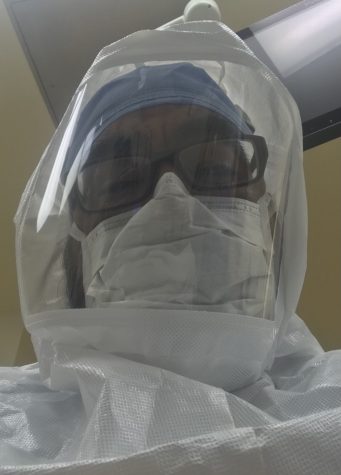
- Have you personally felt stressed while working during these past months?
Mom: Yes, it was difficult to address emergent deliveries and surgeries when sometimes I didn’t have the full necessary equipment. The thought of being infected and bringing the infection to the family was also very stressful.
Dad: Yes, I am stressed because there are so many people that are sick, and you worry about the patients, yourself, and your family. You worry about if there is an end in sight, and whether or not we will be able to get control of the virus before we lose more people to it. It is also physically demanding. I’ve worked the last three weekends in a row, and it’s exhausting, but more of my time is needed to take care of the patients.
- What was it like to be the first to take the vaccine, and how do you feel?
Mom: I was anxiously waiting for the vaccine, and receiving it felt like the first ray of hope after a long period of stress and fear. I was ecstatic. On the day of the vaccine, I felt absolutely wonderful. The next day, my arm was sore, and this lasted for about 24-hours. After that, I was fully recovered and resumed all my activities as usual.
Dad: It was a little scary in the sense that it’s a new vaccine, and today I learned of the first reported case of a physician that died two weeks after receiving the first dose. There’s no concrete evidence that his death had anything to do with the vaccine yet, and I know I have to trust science and move forward with the second dose of the vaccine. The concern about being one of the first people to receive it is real, but we have to trust in science moving forward.
- What advice do you give to people in terms of safety precautions and slowing the spread of the virus?
Mom: To slow the spread of the virus, I recommend wearing a mask at all times when out of the house, and it must cover your nose and mouth. You should always wash your hands and stay home if you feel sick. For the future, the most important thing will be distributing the vaccine to the population as soon as possible. It’s so important that everyone take the vaccine so we can get back to normal.
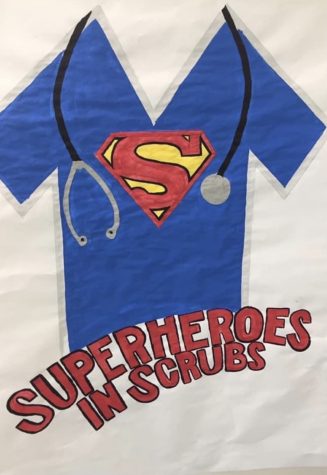
Dad: I advise people to understand that this is a very real disease that can make you very sick and potentially kill you. In light of that, you take all of the measures that are recommended, such as washing your hands, wearing your masks, and avoiding large gatherings. It is also recommended to take a variety of vitamin supplementations such as Vitamin D, Vitamin C, and Zinc, which will boost your immune system and protect you from this virus.
Although this is a stressful time for first responders, hospitals are doing all they can to keep their essential workers safe. Every time a patient successfully recovers from COVID-19 and can go home, they get to press a button that plays, “Don’t Stop Believin’ ” by Journey, throughout the whole hospital. First responders are doing everything they can to keep us safe, so remember to thank any first responders you know. Also, make sure to wear your masks, wash your hands, and avoid large gatherings to slow the spread.

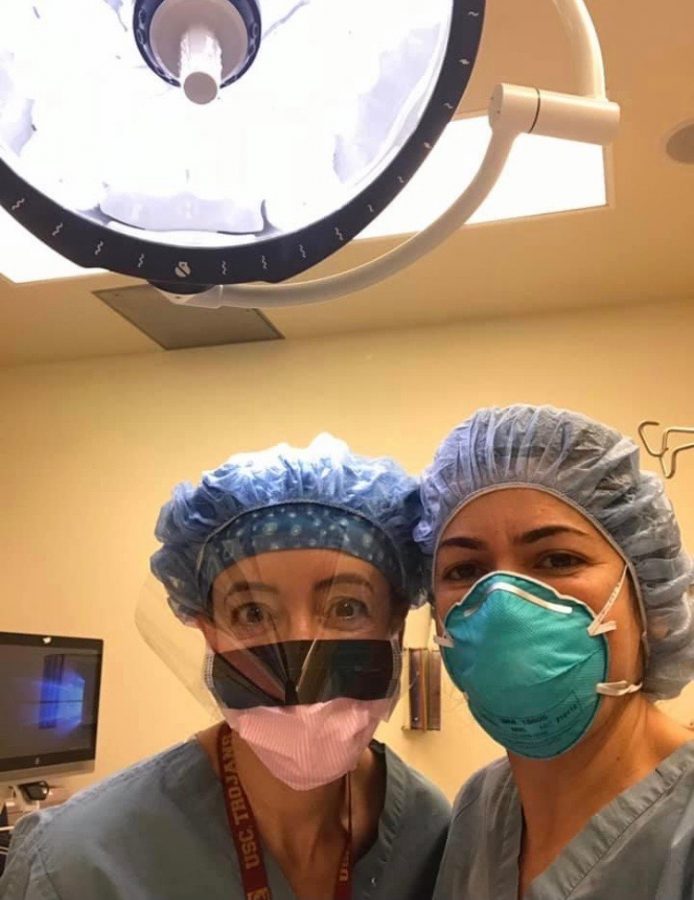
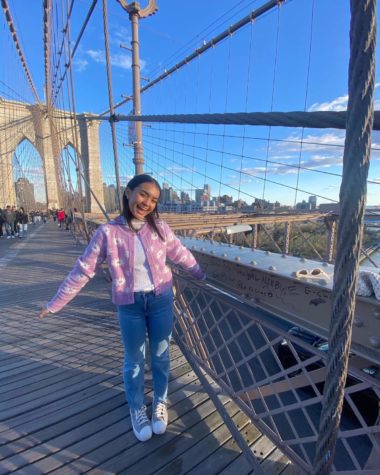


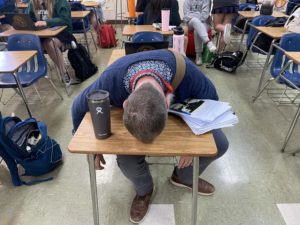
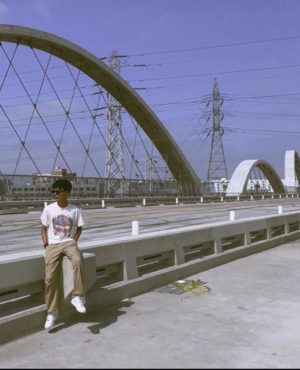

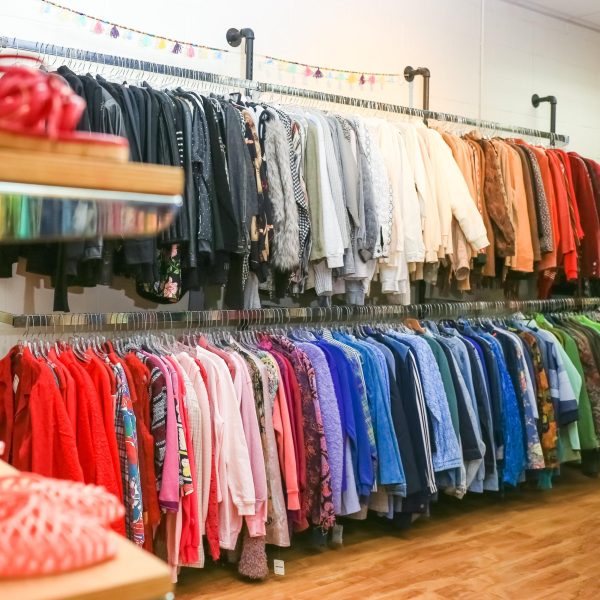
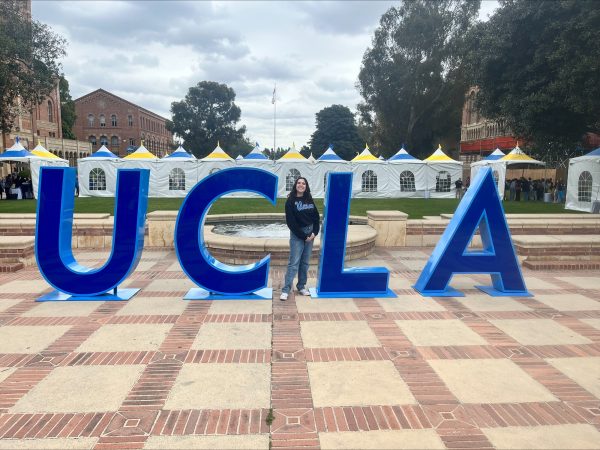
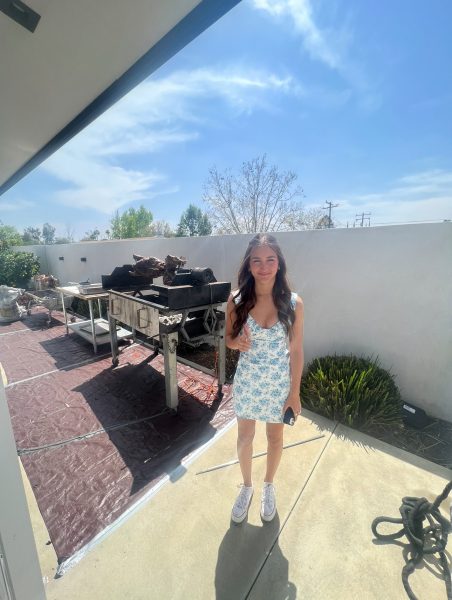
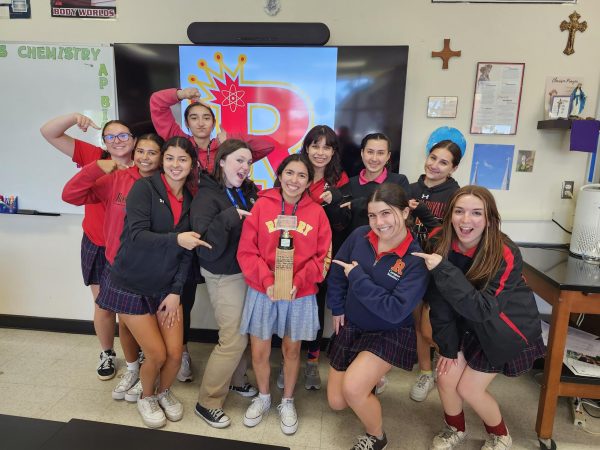
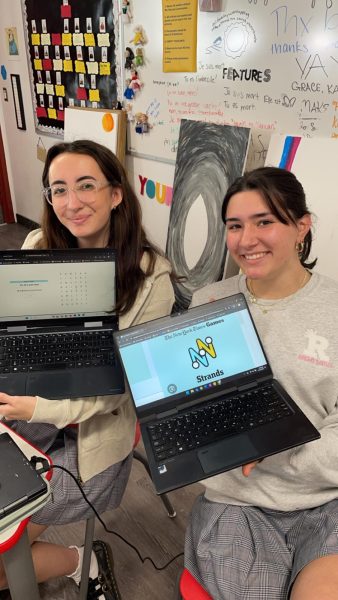
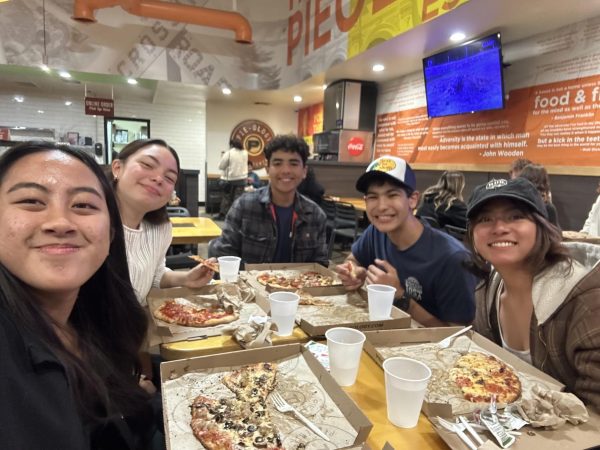

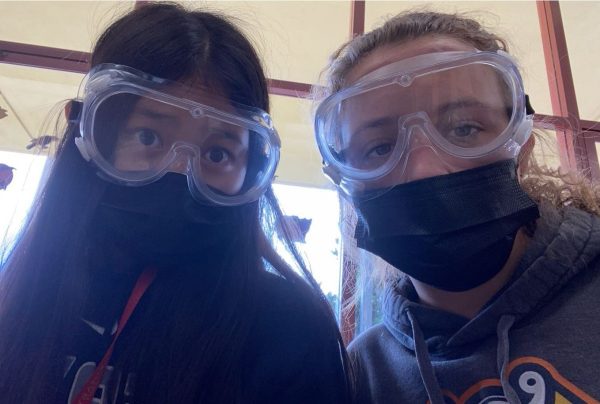

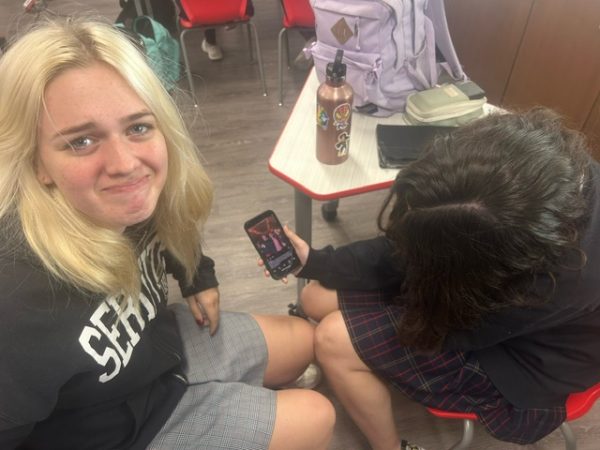
Flavia Moyers • Feb 3, 2023 at 4:43 pm
What a wonderful writer.